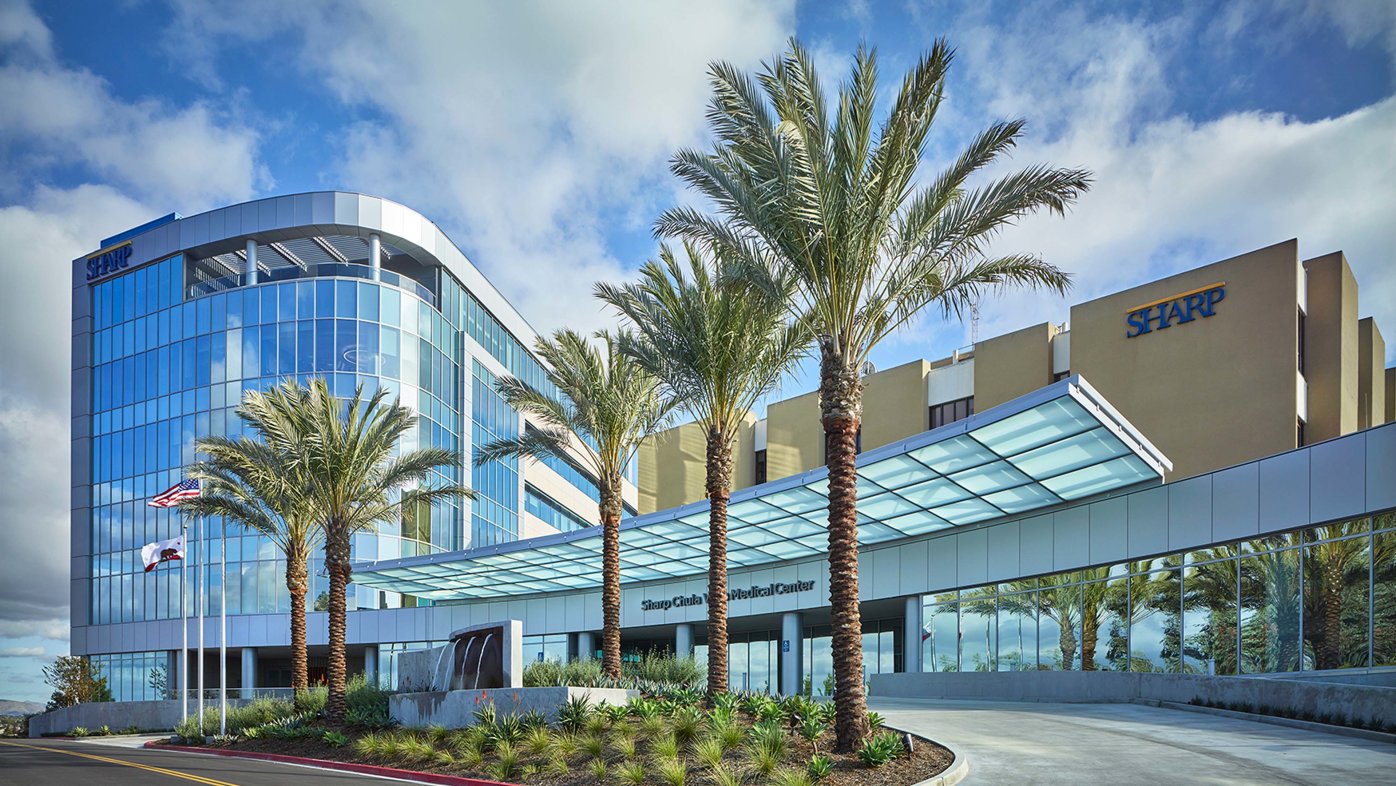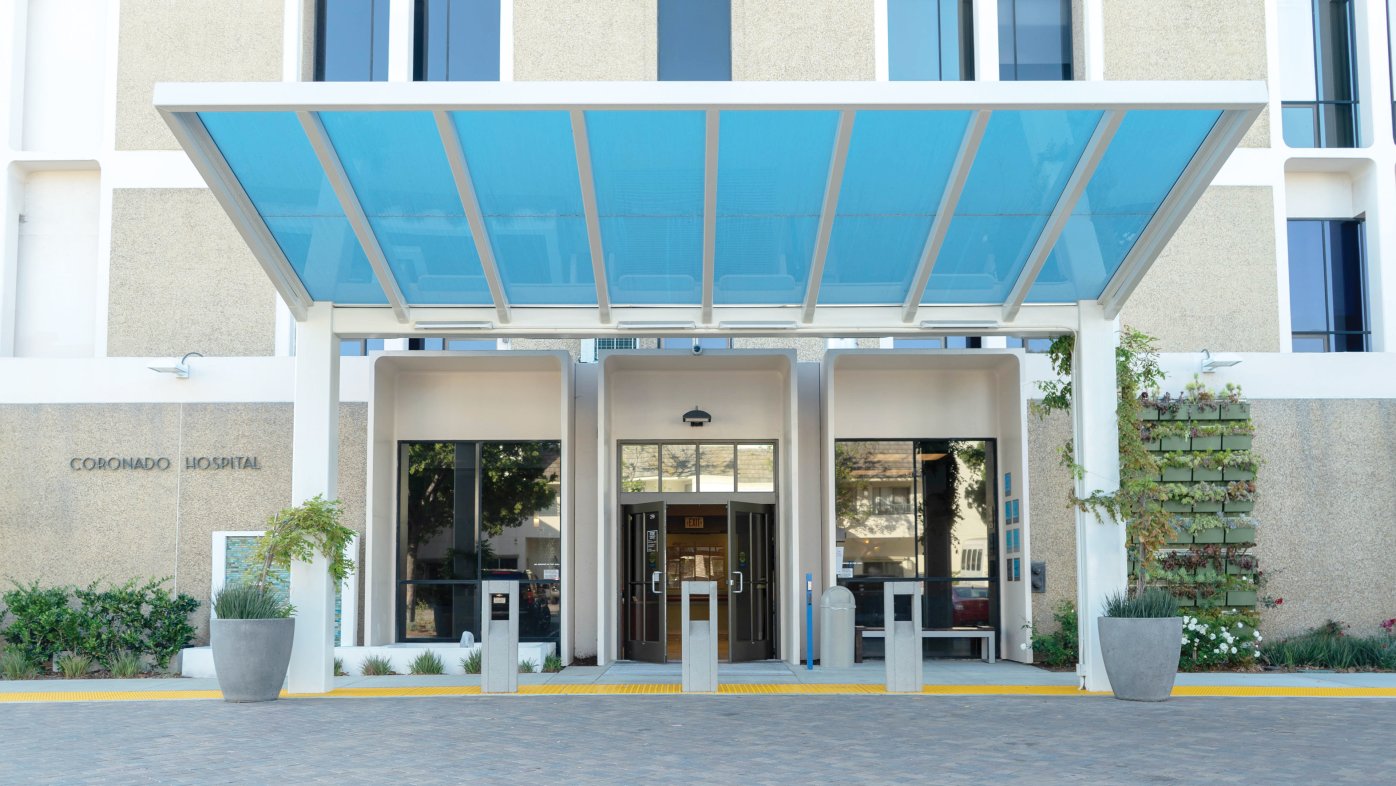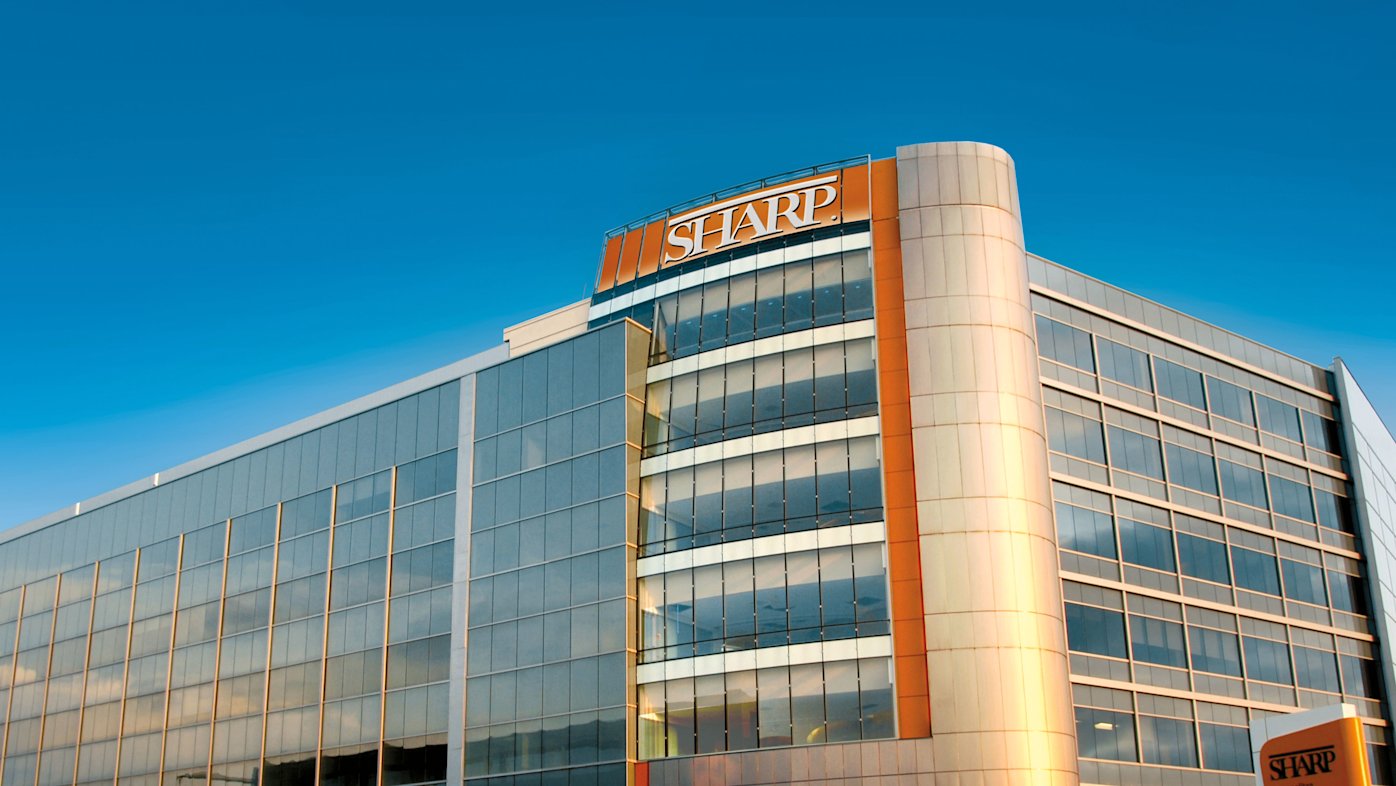

Endoscopy
Find a gastroenterologist near you
Choose the San Diego gastroenterology specialist who's right for you.
At Sharp, we want to make you as comfortable as possible for your endoscopy or colonoscopy.
Conditions diagnosed with endoscopy
With endoscopy procedures, we can diagnose a variety of gastrointestinal conditions, including:
Barrett's esophagus
Bladder disorders
Celiac disease
Difficulty swallowing (dysphagia/achalasia)
Gastroesophageal reflux disease (GERD)
Pancreatic pseudocysts
Stomach cancer
Strictures (narrowing or blockage of gastrointestinal tract structures)
Tumors of the gastrointestinal tract (throat, esophagus, stomach, small intestine, large intestine, colon and rectum)
Zenker’s diverticulum (outpouching of the muscle that divides the throat from the esophagus)
Endoscopy procedures
Our upper and lower endoscopy procedures are carried out by expert gastroenterologists, who are board certified in internal medicine and gastroenterology. Our highly trained support team and registered nurses are also at your side every step of the way.
Ablation therapy — including the Radio Frequency Ablation (RFA) Program for minimally invasive treatment of Barrett’s esophagus
Endoscopic retrograde cholangiopancreatography (ERCP)
Endoscopic surgery
Endoscopic ultrasound (EUS)
Endoscopy and advanced endoscopy procedures
Panendoscopy (upper endoscopy)
Peroral endoscopic myotomy (POEM) — treats achalasia, a tightening of the esophagus, to restore ability to swallow
Pseudocyst drainage
Removal of cancerous growths and lesions in the gastrointestinal tract
Endoscopic fistula closure
Endoscopic full thickness resection (EFTR)
Endoscopic mucosal resection (EMR)
Endoscopic submucosal dissection (ESD)
Transoral incisionless fundoplication (TIF) — treats GERD without surgery
Transmural gallbladder drainage (GBD)
Tumor treatment and removal
Zenker’s diverticulectomy/Zenker’s release — eliminates the obstruction between the throat and esophagus
Frequently asked questions
Locations of endoscopy services in San Diego
We offer upper and lower endoscopy procedures at our acute-care hospitals across San Diego County.


